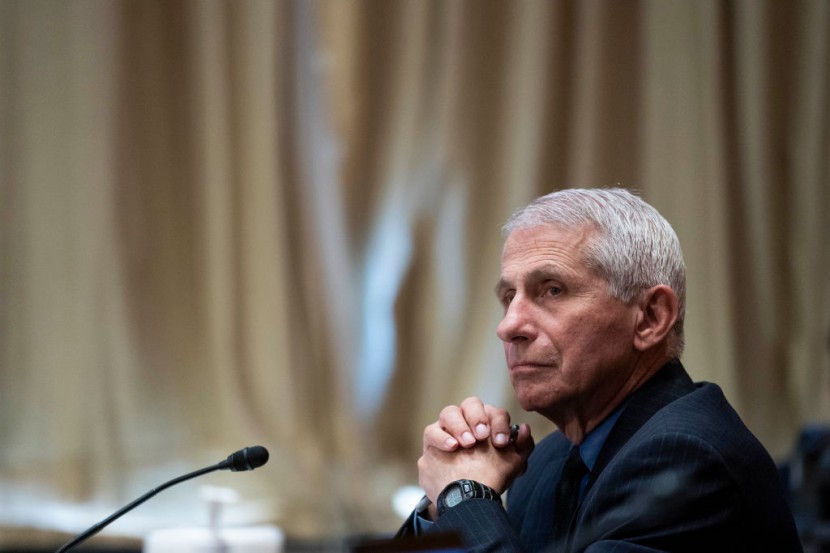Anthony Fauci revealed that social distancing, one of the safety measures they suggested during the peak of the COVID-19 pandemic, was not based on science.
This is just one of the COVID-19 revelations he shared when the former White House medical adviser was interviewed by the House select subcommittee on Jan. 8 and Jan. 9 regarding the coronavirus health crisis.

The U.S. House Committee on Oversight and Accountability published its press release on Wednesday, Jan. 10, to share what Dr. Fauci admitted during the two-day interview.
Anthony Fauci Admits Social Distancing Not Based on Science
When the global pandemic was at its peak, the National Institute of Allergy and Infectious Diseases (NIAID), CDC, and other health agencies urged Americans and other people across the globe to do social distancing to avoid the spread of COVID-19.
Anthony Fauci and other leading health officials supported this COVID-19 safety measure, claiming that social distancing was crucial to slow down COVID-19 infections.
However, the ex-NIAID director confirmed that social distancing wasn't really based on scientific data, as reported by Fox News.
Committee Chair Brad Wenstrup, who transcribed Dr. Fauci's interview, said that the health leader explained that social distancing recommendations "sort of just appeared."
Anthony Fauci said that social distancing suggestions were likely not based on science. What the former White House health adviser said is clearly disappointing for many Americans and other people across the globe who blindly followed the safety measures.
Anthony Fauci's Other COVID-19 Revelations

Aside from social distancing not being based on scientific data, Anthony Fauci also testified that the COVID-19 lab leak hypothesis wasn't a conspiracy theory.
What he revealed is a big deal since Fauci and other health officials were criticized for pushing the natural origin theory, which argues that COVID-19 came from animals, just to protect China.
"Dr. Fauci's transcribed interview revealed systemic failures in our public health system and shed light on serious procedural concerns with our public health authority," said Wenstrup.
"It is clear that dissenting opinions were often not considered or suppressed completely," he added.
The U.S. representative of Ohio further stated that if ever another serious health crisis hit the world, the response of the United States should be guided by conclusive data and scientific facts.
If you want to learn more about the latest COVID-19 revelations during the two-day interview with Dr. Anthony Fauci, you can click this link.








